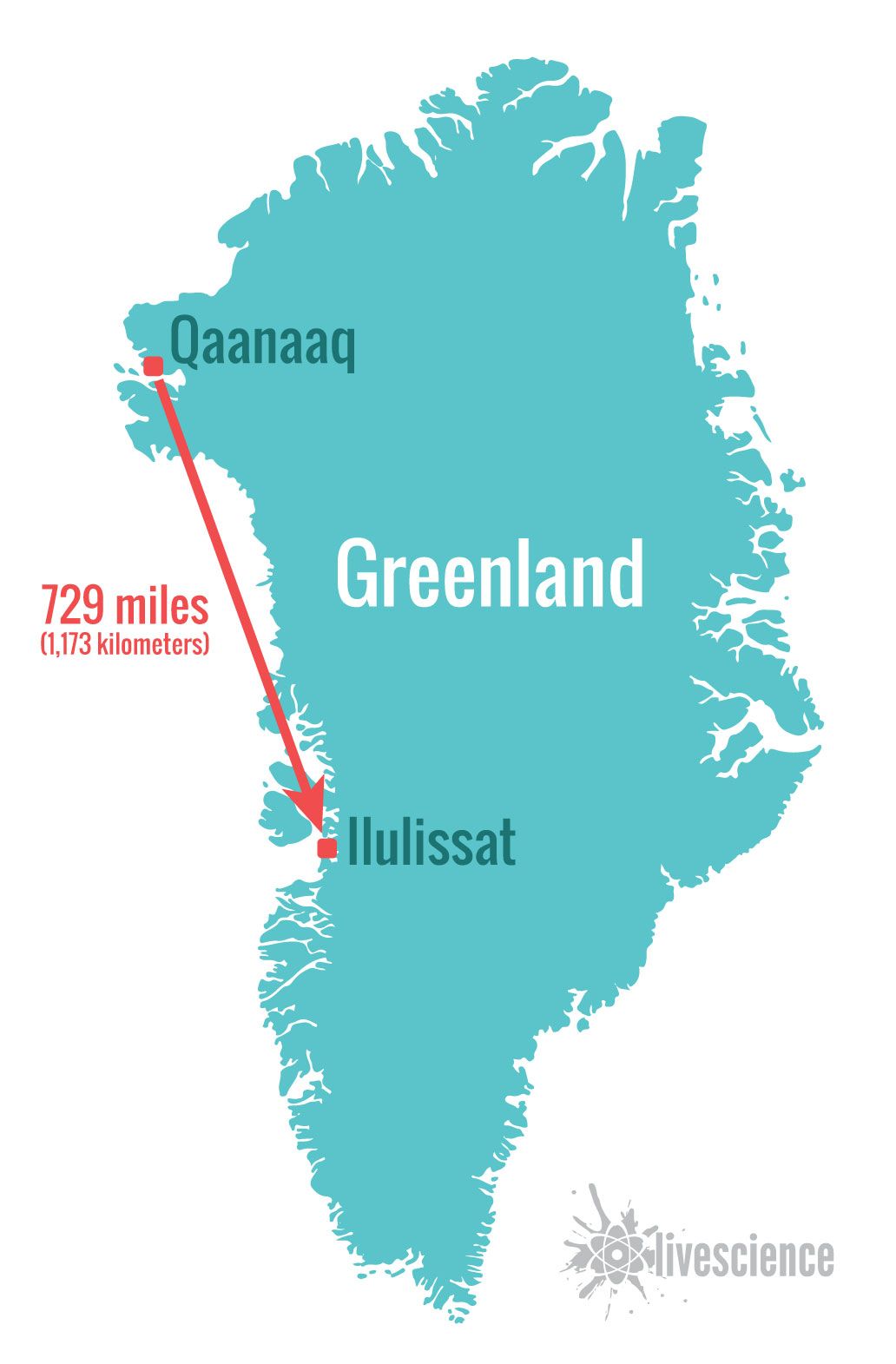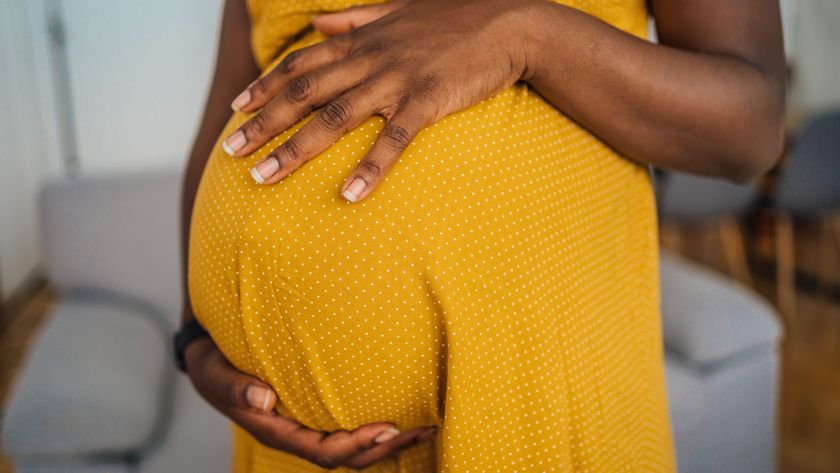Perfect Storm: Pregnant Woman Gets Appendicitis During Blizzard

A pregnant woman in remote Greenland faced a scary medical emergency after doctors diagnosed her with appendicitis in the middle of a blizzard, hundreds of miles away from the nearest surgical center, according to a new case report.
The 32-year-old Greenlandic Inuit woman came to the local health center when she was 12 weeks pregnant, after experiencing abdominal pain, nausea and vomiting in September 2015. At first, doctors thought she had a stomach bug, because she had just eaten raw meat, according to the case report, published online May 18 in the journal BMJ Case Reports.
But soon, the woman's pain moved to her lower right abdomen, suggesting she had appendicitis, the doctors said. Moreover, she had a fever, an elevated white blood cell count and high levels of a protein called C-reactive protein, which increases during times of inflammation. All of these signs indicated that the woman's body was mounting an immune response, said report co-author Dr. Trine Jensen, an internist in the obstetrics and gynecology department at Herning Hospital in Denmark. [16 Oddest Medical Cases]
To make matters worse, the weather was horrible and the woman was in the wilds of northwest Greenland, in Qaanaaq, about 730 miles (1,173 kilometers) from Ilulissat, the city with the closest regional hospital, said Jensen, who was working at Ilulissat Hospital at the time, and treated the woman.
Appendicitis can lead to a perforated, or burst, appendix, Jensen said. Moreover, appendicitis during pregnancy can lead to preterm birth and even fetal loss, she said.
The doctors wanted to remove the woman's appendix, but there was no way to get her to Ilulissat Hospital for the operation, Jensen said.
"It was pretty far," Jensen told Live Science. "There are no roads, you can't just take a car or an ambulance and drive. You need to take airplanes."
Sign up for the Live Science daily newsletter now
Get the world’s most fascinating discoveries delivered straight to your inbox.
Blizzard treatment
Because surgery wasn't an immediate option, the doctors in Qaanaaq started the woman on antibiotics.
According to a study published in the June issue of the journal JAMA, antibiotics can be an effective treatment for appendicitis. Of the more than 250 people in the study who received antibiotics for their appendicitis, 70 patients (about 27 percent) went on to need surgery to remove their appendicitis within the next year, the researchers found.
However, the Greenlandic woman's health did not improve after she took the antibiotics. So, once the weather got better, she was flown to Ilulissat Hospital. There, the doctors did an abdominal ultrasound to confirm that she had appendicitis, and 64 hours after the episode started, they removed her appendix.
"She actually woke up and she was singing, 'I can keep my baby,'" Jensen said. "She was so happy."
The woman later had the baby without any compilations, and both are doing well now, the report's other co-author, Dr. Luit Penninga, the head of Ilulissat Hospital, told Jensen.
Even if the antibiotics had helped the woman, it's likely that the doctors would have still removed her appendix, Jensen said. That's because, as the JAMA study found, some people who receive antibiotics for appendicitis still need surgery within a year. With pregnant women, the longer doctors wait to do the surgery, the riskier it is, she said. [5 Key Nutrients Women Need As They Age]
"It's easier to do the surgery while they're early in pregnancy, because when they get bigger and further along, it might be even harder to diagnose the appendicitis," Jensen said. "Because the womb is filling up the entire abdomen, and the appendix can move around."
The report is a good example of how doctors can treat pregnant women with appendicitis who don't have immediate access to surgery, said Dr. Robert Glatter, an emergency physician at Lenox Hill Hospital in New York City, who was not involved in the case report.
"Antibiotics present a reasonable option for treatment," Glatter told Live Science. "If you're in a remote situation, that's a reasonable first choice. But at this time, it's generally recommended to have the appendix out because of the risk to the fetus, as well as the mom."
Original article on Live Science.

Laura is the archaeology and Life's Little Mysteries editor at Live Science. She also reports on general science, including paleontology. Her work has appeared in The New York Times, Scholastic, Popular Science and Spectrum, a site on autism research. She has won multiple awards from the Society of Professional Journalists and the Washington Newspaper Publishers Association for her reporting at a weekly newspaper near Seattle. Laura holds a bachelor's degree in English literature and psychology from Washington University in St. Louis and a master's degree in science writing from NYU.

US abortion bans have driven a surge in infant deaths, study finds

Scientists reveal surprising factor that may prolong pregnancy
Most Popular



